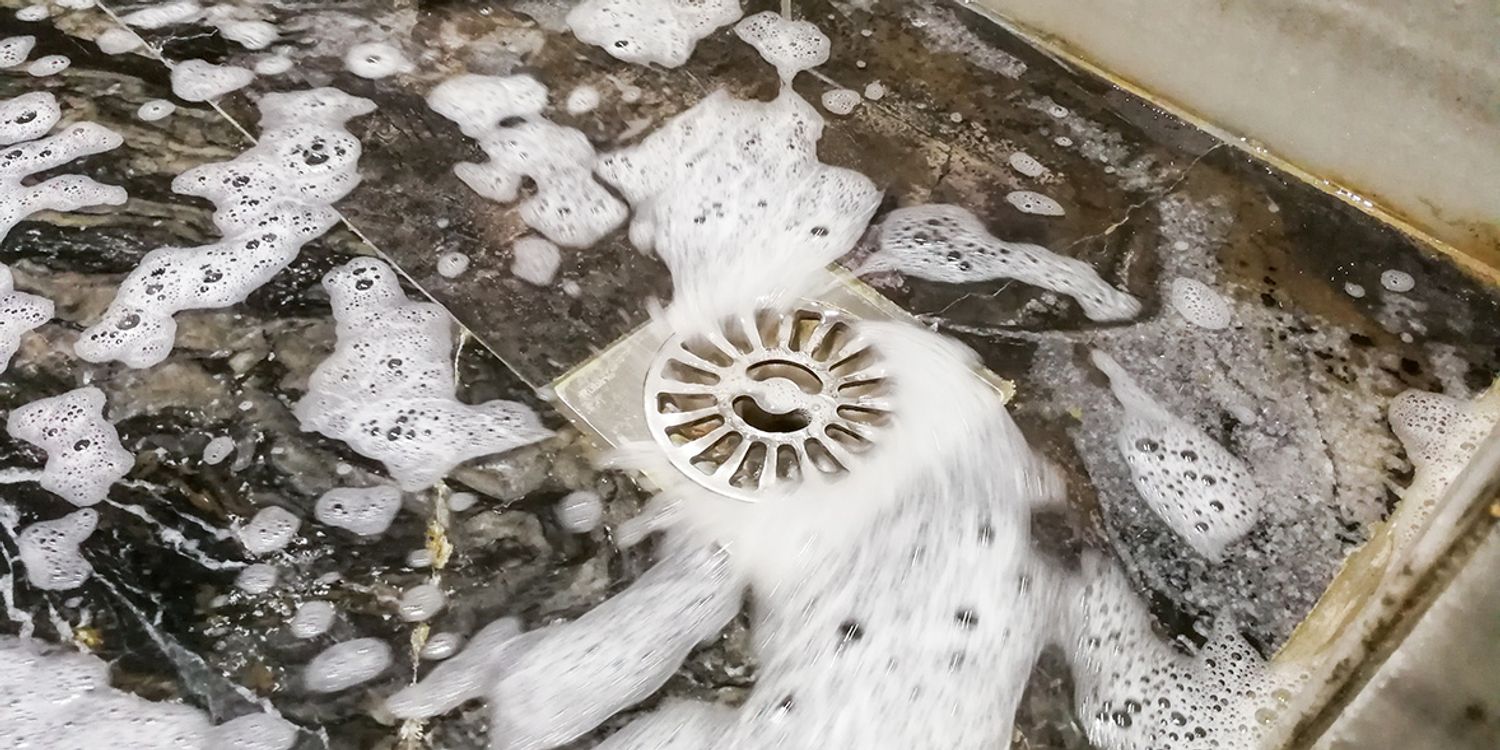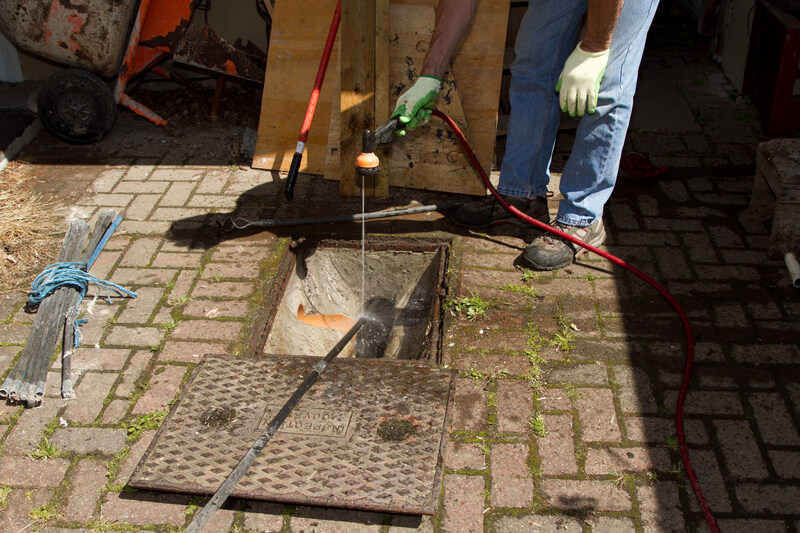Just how do you feel when it comes to How to handle a clogged drain in your home?

Introduction
Taking care of a blocked drainpipe can be a discouraging experience, interfering with day-to-day tasks and potentially triggering damages to your building. Nevertheless, prior to reaching out to plumbing experts, there are actions you can take to deal with the concern on your own. In this guide, we'll check out do it yourself solutions and safety nets to take on an obstructed drainpipe properly.
Recognizing the Problem
The very first step in resolving an obstructed drainpipe is acknowledging the indications. Sluggish drain, gurgling noises, foul odors rising from drains pipes, or water backing up are common indicators of a blocked drainpipe. Determining these indicators early can help protect against additionally complications.
Choosing the Right Plumbing Service
When picking a pipes solution, consider variables such as experience, licensing, and consumer evaluations. Select a trustworthy plumbing professional with a track record of high quality workmanship and transparent rates practices.
Expense Factors to consider
The price of expert drainpipe cleaning services can vary depending upon the seriousness of the blockage and the plumber's prices. Request quotes from several service providers and inquire about any additional charges to make certain transparency and prevent shocks.
Safety Precautions
When attempting DIY drain cleaning, focus on safety. Use protective gloves and eyewear to avoid contact with unsafe chemicals or germs. Never ever blend various drain cleaning items, as this can create unsafe fumes.
Instance Studies
Real-life examples highlight the efficiency of do it yourself solutions and the relevance of prompt expert intervention in solving drain blockages.
Usual Causes of Obstructed Drainpipes
Recognizing the aspects that contribute to drain pipes obstructions is necessary for effective resolution. Typical wrongdoers include hair, soap residue, grease, food particles, and international items like hygienic items or paper towels. Tree origins getting into below ground pipelines can likewise trigger substantial clogs.
Do it yourself Solutions
For small obstructions, a number of DIY services can be efficient. Putting boiling thin down the drain can aid liquify oil and debris. Baking soda and vinegar or a mix of salt and cooking soda can function as natural cleaners. Making use of a bettor or plumbing serpent to dislodge blockages is an additional choice.
Devices and Equipment
Having the right devices handy can make DIY drainpipe cleansing extra reliable. A bettor is a versatile tool for getting rid of obstructions in sinks, commodes, and showers. A pipes serpent or auger can get to deeper clogs, while drain cleansing chemicals can be used meticulously for persistent clogs.
Safety nets
To stay clear of future obstructions, taking on safety nets is vital. Mount drain guards or filters to catch hair and debris before they enter the pipelines. On a regular basis flush drains with warm water to liquify grease accumulation, and avoid getting rid of grease or strong waste down the drain.
When to Call a Professional
While DIY options can resolve minor blockages, specific indicators suggest the need for specialist assistance. Consistent clogs, foul odors regardless of cleaning up initiatives, or multiple drains backing up concurrently are red flags that necessitate expert treatment.
Conclusion
By following the suggestions described in this overview, you can efficiently tackle obstructed drains pipes and stop future plumbing problems. Whether going with DIY solutions or looking for professional help, timely activity is key to preserving a healthy and balanced pipes system and protecting the honesty of your home.
How to Clear a Clogged Drain Yourself (And When to Call In the Professionals)
What Can Clog a Drain
Dirt Skin flakes Hair Grease Soap scum Food Offset pipes Tree roots Small objects Mineral buildup DIY Tricks to Unclog a Drain
You can fix this! Once you have identified the source of the clog (or have a vague idea), you can try one or a combination of these fixes in order to clear your plumbing.
Wire Hanger or Snake
Untangle and clear out hair from a drainpipe with a homemade snake. Use a straightened-out wire hanger with a 90-degree angle hook to locate the clog and drag out any unwanted material.
Remember not to push the clog further down to where the wire hanger cannot reach! If you need to follow up with a plunger, give it a try. Your efforts might be more successful after it’s been wire-snaked.
If you want to get fancy and don’t have a wire hanger to spare, head to the store and pick up a hand-operated drain snake. You can get one for $10-$30. It may save you the hassle, and provide additional length to reach deep into the clogged pipe.
Plunger
A cup plunger has a suction cup attached to a wooden handle. The rubber creates a seal around the drain, and increases the pressure force of the plunger.
Plunge for 30-second increments to loosen the clog. This may need to be repeated over the course of 15-20 minutes. Once plunged, run the water to flush the remaining material out of the drain.
Remember– never use a plunger if you have used a chemical drain cleaner. These chemicals can splash up from the force of the plunger and cause serious injury or burns.
Boiling Water
Hot water can sometimes break up materials into a flushable amount. Dirt, grease, and soap buildup requires heat in order to unstick from surfaces.
Take your kitchen kettle and heat your water to a boil. Once it reaches a rolling boil, pour it directly down the drain into the blockage. Carefully follow with plunging, if necessary.
Don’t worry if this takes more than one try! It can often take multiple kettles and repeated plunging in order to clear a particularly stubborn clog.
Chemical Drain Cleaner
As a last resort, pick up a bottle of chemical drain cleaner. Drain-cleaning chemicals are potent, and not very good for the environment.
You may need to wear protective eyewear in gloves before handling your bottle of chemical drain cleaner. Follow the instructions printed on the bottle, and flush with water as soon as the instructions allow. Do not follow with plunging.
Baking Soda and Vinegar
As a safer alternative to chemical drain cleaner, baking soda and vinegar can create a chemical reaction that clears tough clogs.
Combine one cup of cleaning vinegar with one cup of boiling water, and set aside. Once you have done this, pour half a cup of baking soda down the drain. Give the baking thirty seconds to settle and cover a large portion of the problem drain.
Following the baking soda, pour down your vinegar and hot water solution. Once the vinegar and baking soda combine, the mixture will bubble and fix. Let this reaction fizzle in the drain for about an hour.
After an hour, follow with a kettle’s worth of hot water. The heat and liquid should flush out any remaining material.
When to Call a Plumber
If your DIY attempts haven’t cleared your clog drain, it’s time to call in a professional. It’s not worth losing access to your kitchen sink or high-traffic bathroom. A clog in a vital area can keep you from the things you’d rather be doing, and derail your routine.
Anytime a clog is causing water to spread is a time to call in a plumbing service. What starts out as a little bit of water can quickly grow into serious, expensive water damage.
Additionally, a serious clog can result in burst pipes or serious leaks. Make sure you know when to take it seriously!
https://myguysnow.com/how-to-clear-a-clogged-drain-yourself-and-when-to-call-in-the-professionals/

I'm certainly very drawn to How to handle a clogged drain in your home and I'm hoping you liked our piece. Are you aware of another person who is very much interested in the subject? Please feel free to promote it. Thanks for your time. Come back soon.
Explore